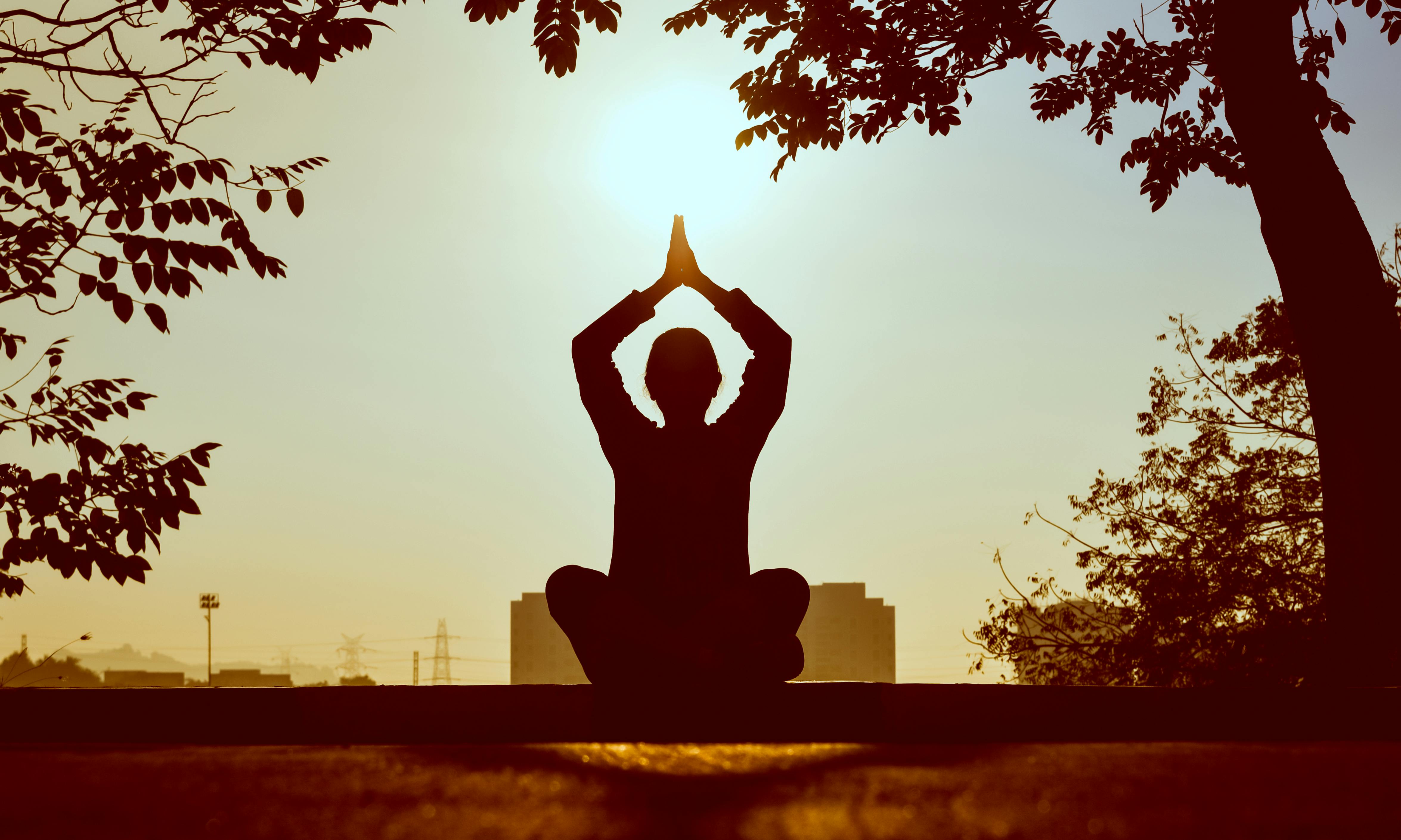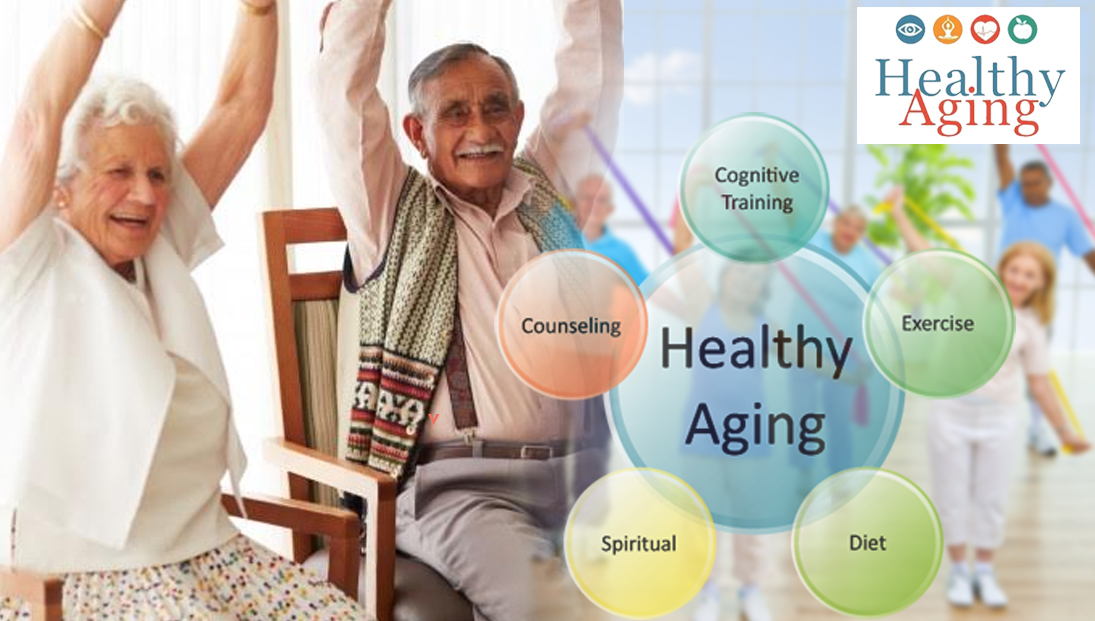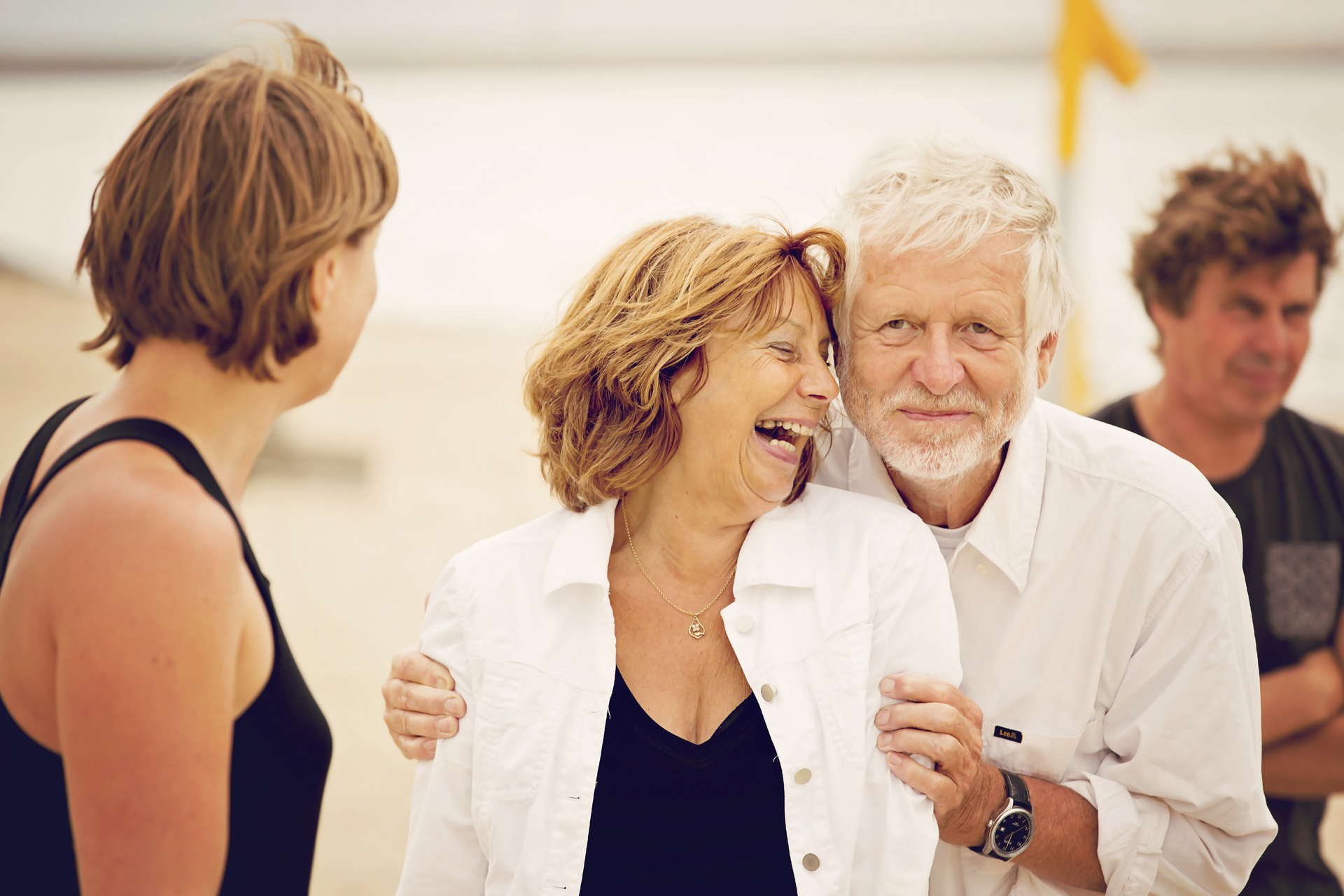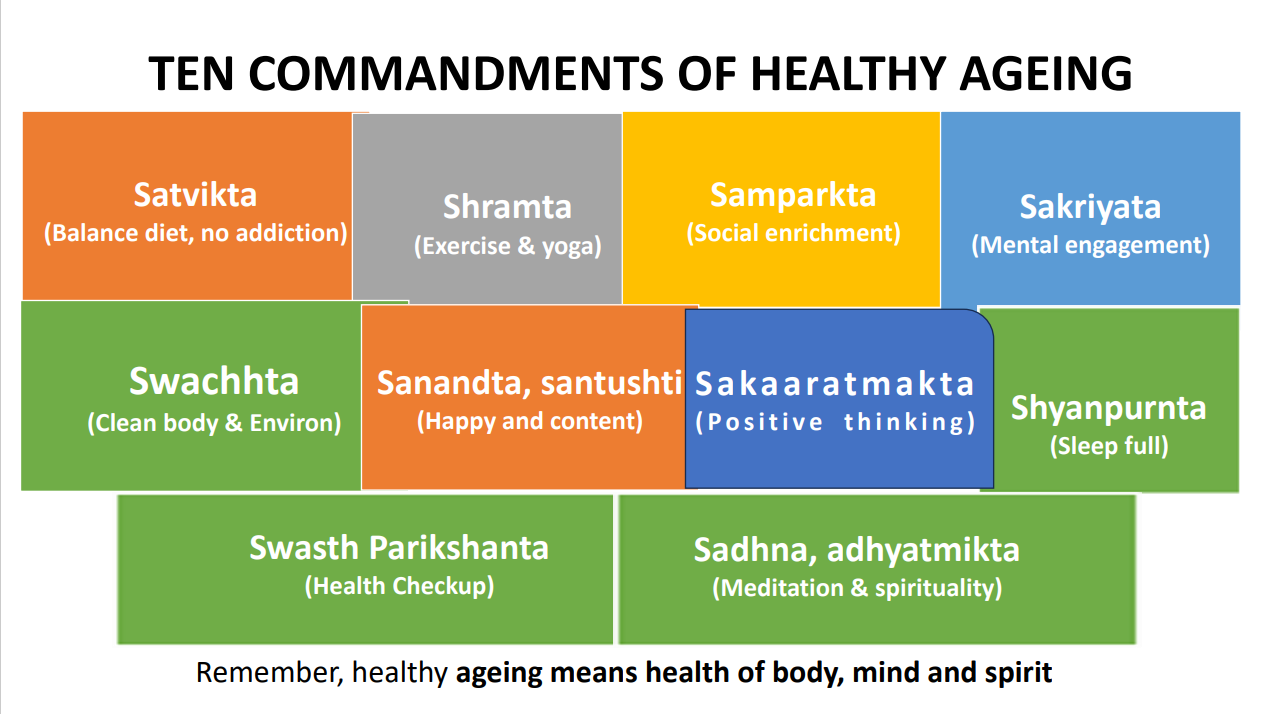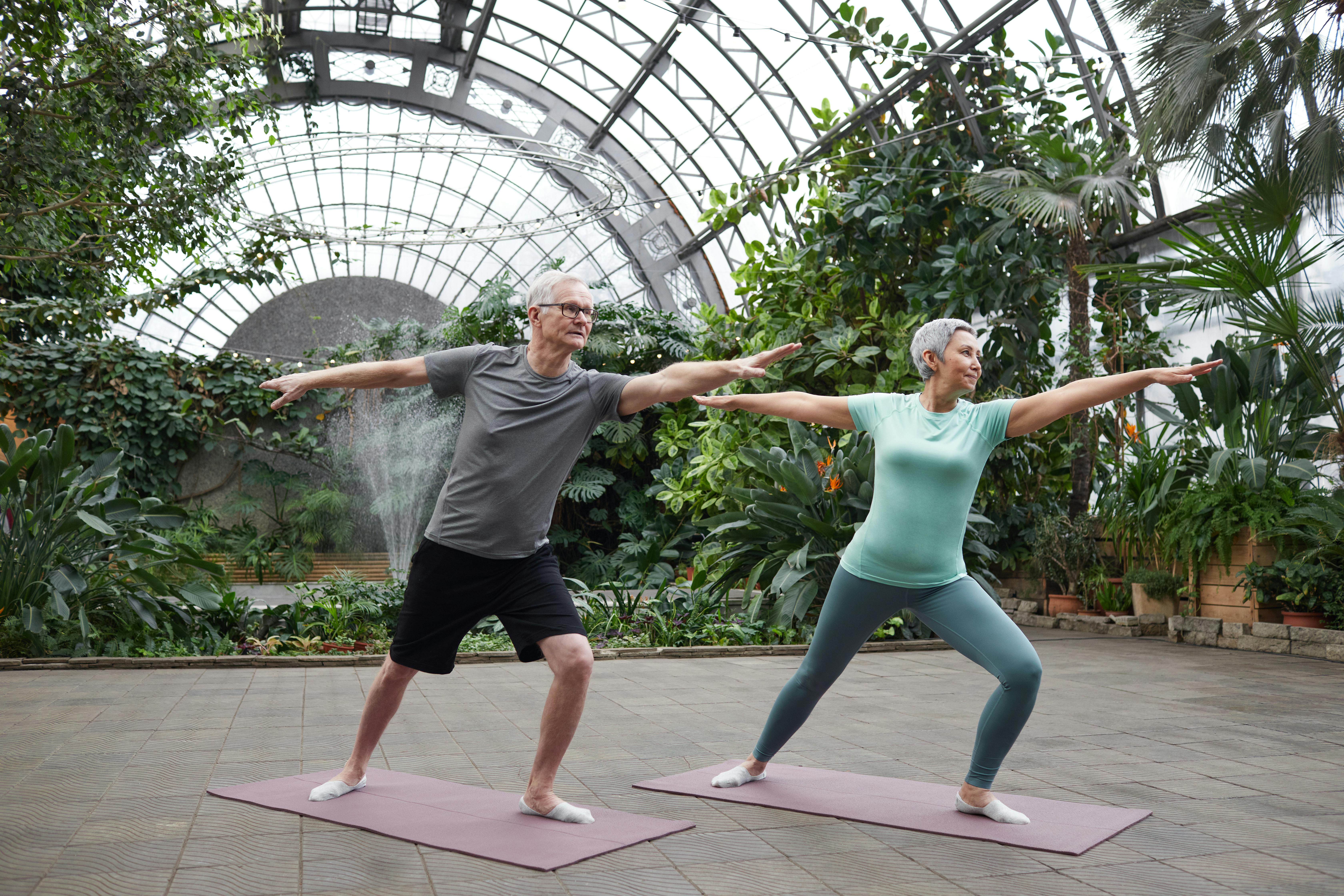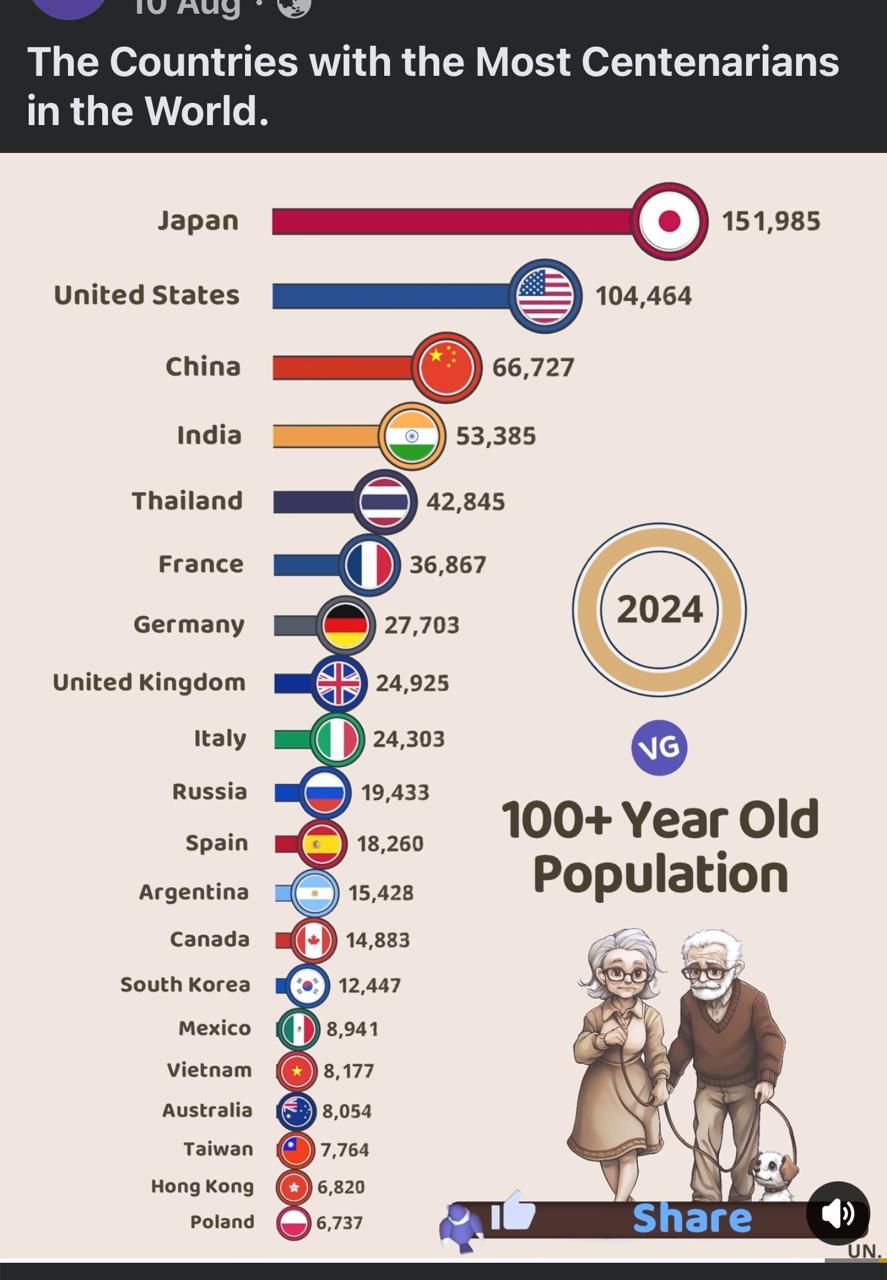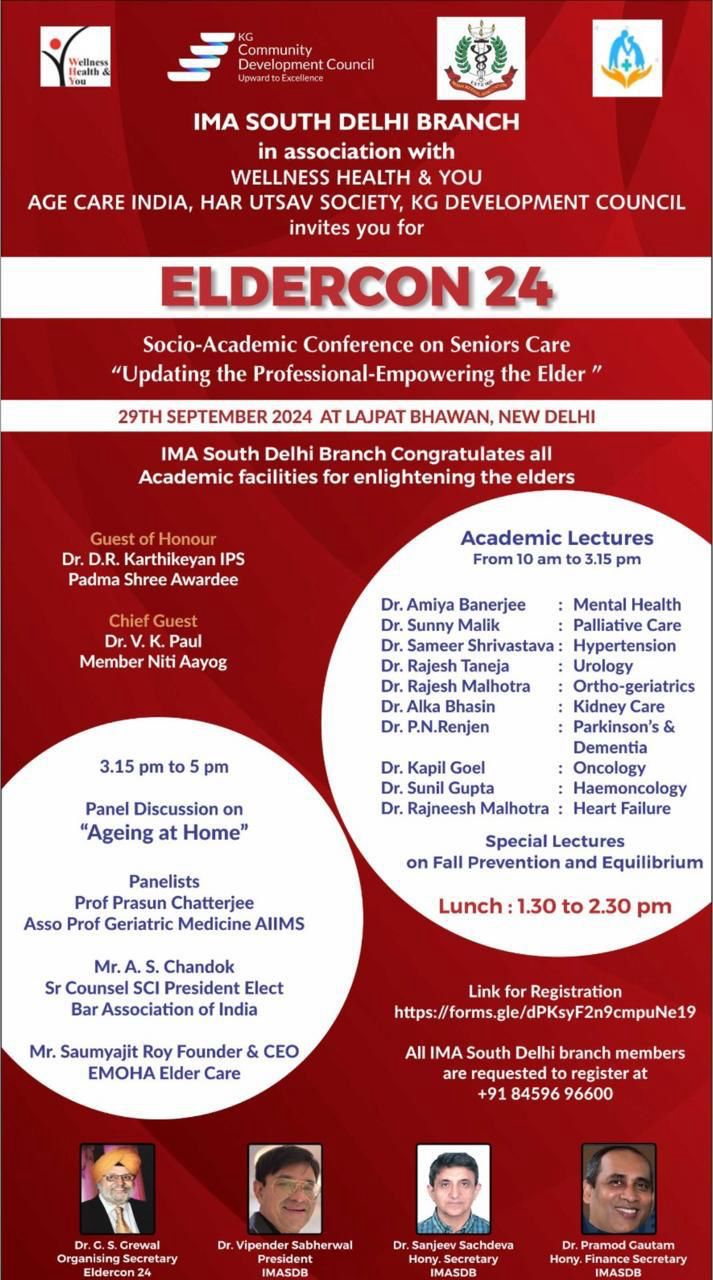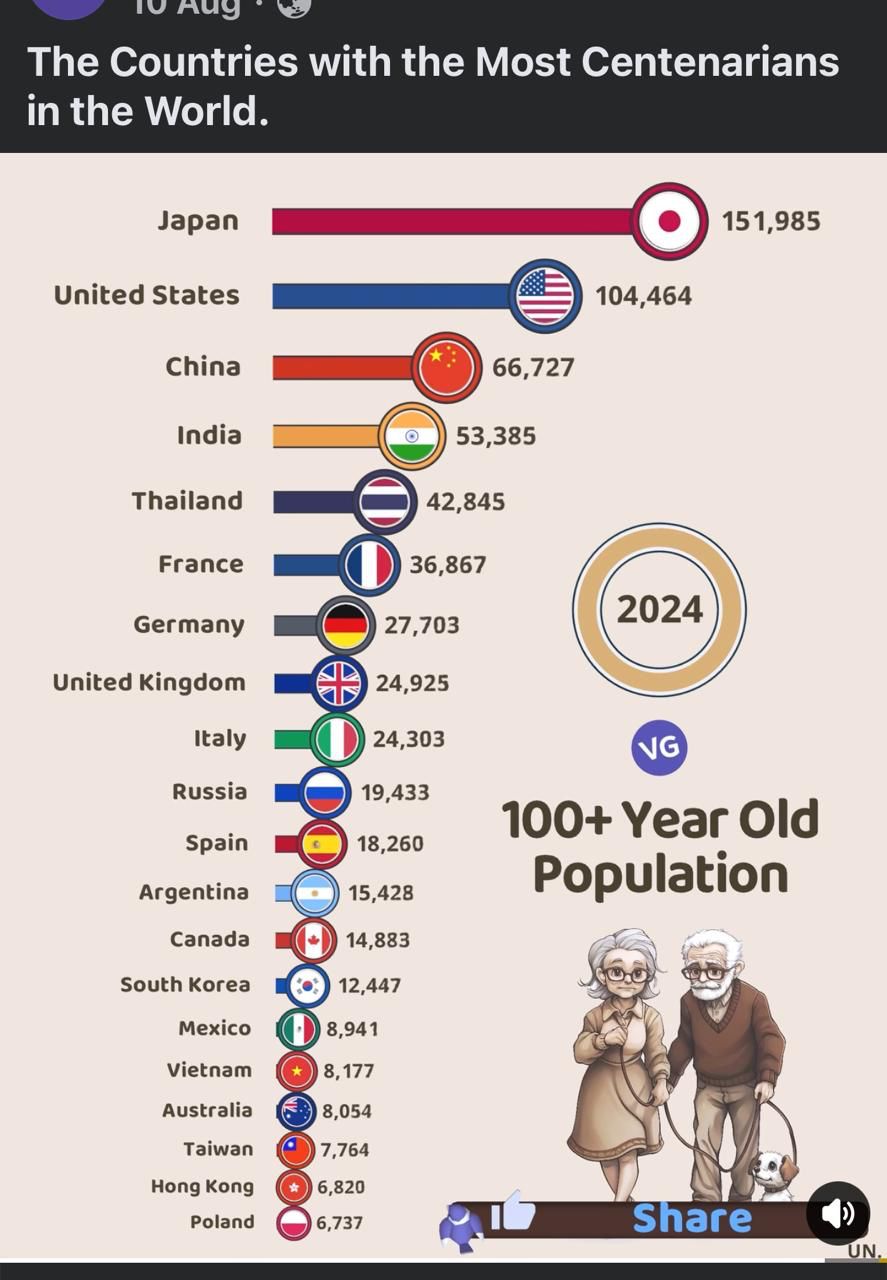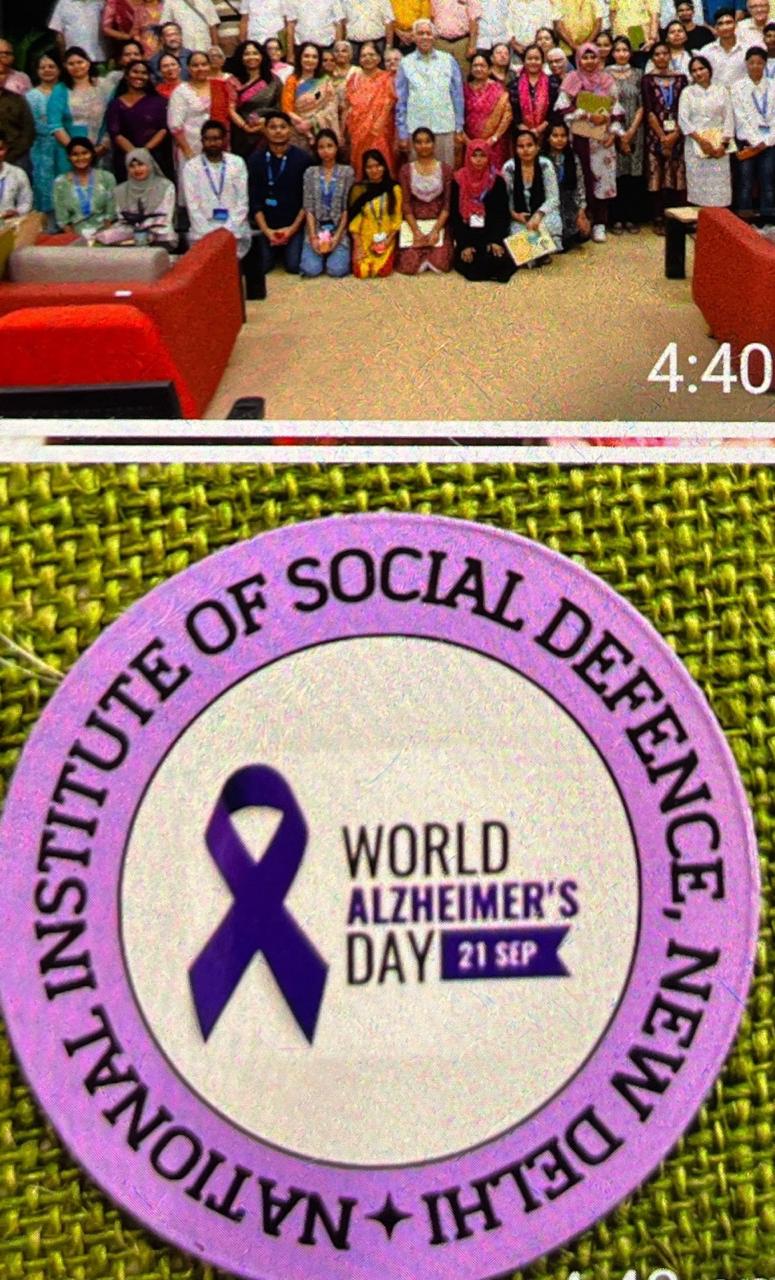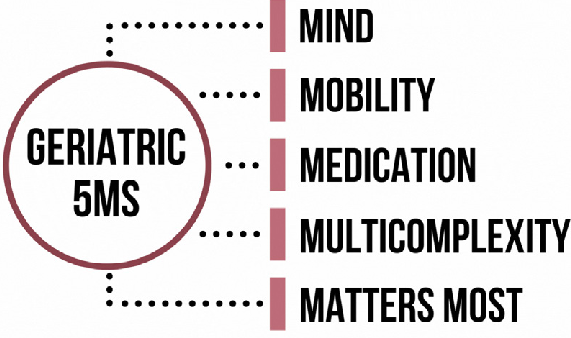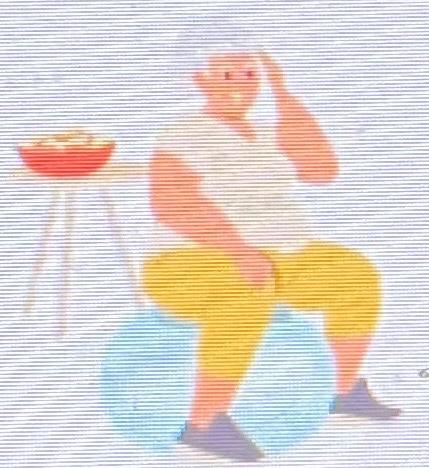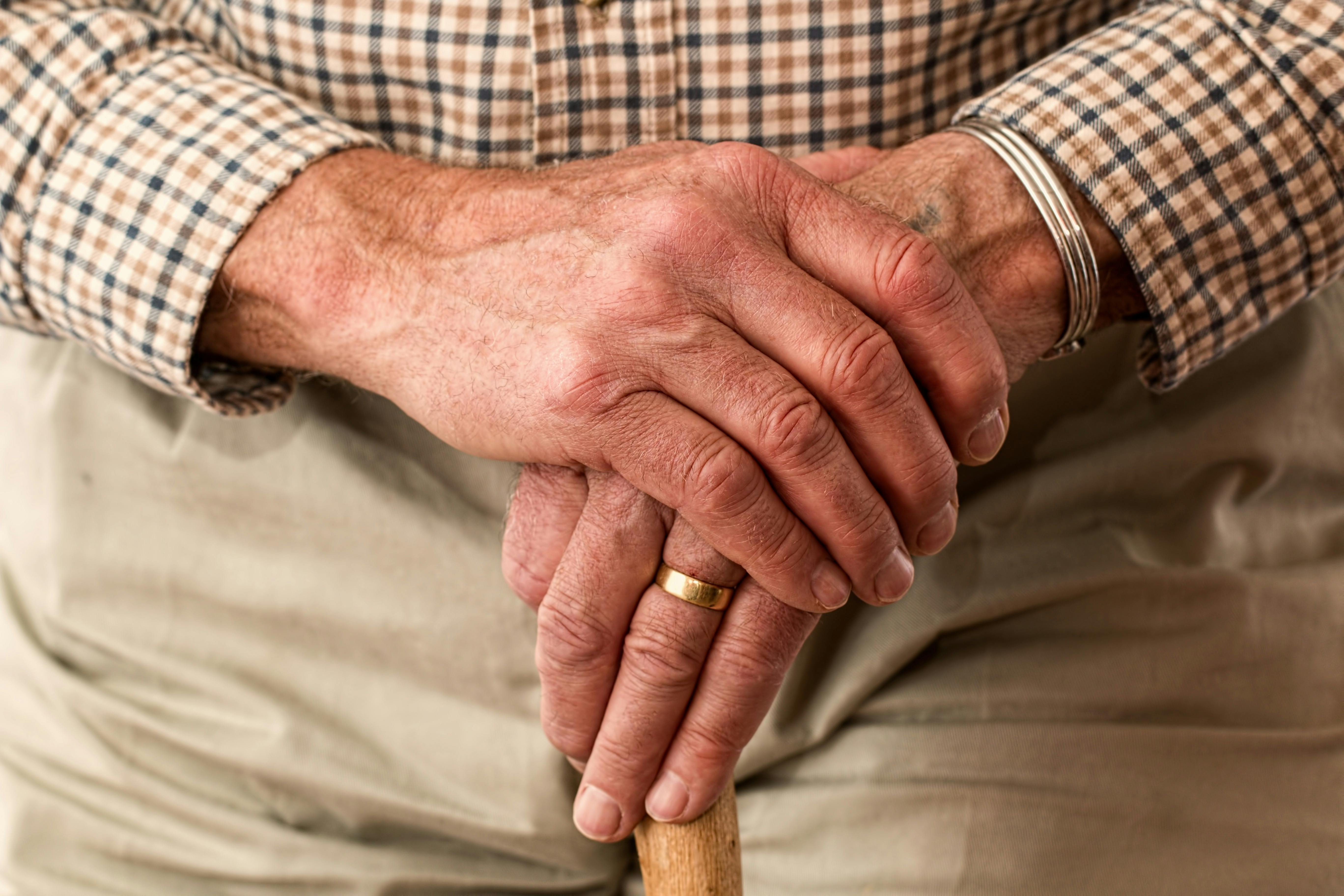
MOSJE WORLD BANK SEMINAR ON ELDERLY
“To care for those who once cared for us is one of the highest honours.”
– Tia Walker
The Decade of Healthy Ageing, calls upon us to pay attention to our health and well-being. Equally imperative, if not more, is to provide care for those who depend upon us. Caring for our children and elderly is something that, if neglected, may lead to the collapse of any society because children shape our future whereas elders decide the present.
The Lancet Commission on Long-Term Care (LTC) for older adults strives to devise a roadmap for person-centred LTC that respects and restores human rights, and optimizes the functional ability and well-being of older people with ongoing loss of capacity or those who are at risk of such a loss. However, it is crucial to develop infrastructure and mechanisms that help attain the objective of ‘integrated care’ while taking into account the burden imposed upon caregivers. Realising the importance of ‘social care for elderly’, very recently the Ministry of Social Justice & Empowerment in collaboration with the World Bank organized a knowledge seminar series, ‘Strengthening Social Protection for the Vulnerable in India’. Their objective is to foster a community of practice towards extending social protection and social care for the most vulnerable and deprived groups in India. It aims at exchanging practical lessons from relevant global and local experiences and addressing how India can build a social protection system that caters to the new needs of its most destitute population.
The first seminar in the series titled ‘Ageing and Social Care for the Elderly’ was held on 31st July 2024, at Dr. Ambedkar International Centre, Nalanda Auditorium, 15 Janpath Road, Windsor Place, New Delhi. The event is the first in a series of consultations and dialogues with key counterparts and development partners, focusing on how the various schemes implemented by the Ministry of Social Justice and Empowerment can be leveraged to improve delivery of services and benefit those who need them the most. As we age, we face several challenges keeping our health intact, be it mental, physical or social. These challenges exacerbate dependence, distress, and eventually disability, related issues among older adults and seniors. The ‘social responsibility’ to support the older population lies with the generation following their footsteps. The policy discourse of the evening ranged from empowerment of the elderly to training youth to foster care.
One commendable step towards geriatric health care in India is by Dr. Benazir Patil, the founder of a national level initiative called ‘Vriddha Mitra’ (friends of older people). Under this initiative, youths are employed and trained to be caregivers ‘Vridha Mitras’ in support of elderly care which might benefit them both. A very interesting feature was the introduction of geriatric units, exclusive centres for senior citizens and how by turning youths into trained caregivers gives livelihood to youths as well. Another speaker who needs to be mentioned here is Dr. Abha Chowdhary, a social gerontologist, founder secretary of Anugraha which is a registered national level body dedicated to the cause of holistic development and upliftment of the underprivileged and provides consultancy, training and implementation inputs on rural & community development projects all over India. They are doing appreciable work for the upliftment of elderly women. Dr. Imtiaz, Mission Head - Age Care, HelpAge India, initiated a very relevant discussion on the rapid demographic transition in India, the areas of vulnerability and exclusion for senior citizens - i.e., social, financial, digital & health, HelpAge India's interventions in these areas and the need for synergistic efforts to create a future-proof social care roadmap for the elderly.
As, India will soon turn into ‘Grey India’ in another twenty years concepts like ‘Ageing in Place’, ‘Productive ageing’ ‘Caregiver’s burden’ should be discussed upon thoroughly and we need more such seminars, symposia, meetings and deliberations emphasizing on relevant issues where giving care to our elderly population whether socially or at their respective homes, providing support to caregivers, educating them or making them aware about how to handle this situation becomes crucial. Also, the dissemination of these knowledge exchanges to various stakeholders working in the field of Ageing is equally essential so that a mechanism, infrastructure can be created sooner to protect our elderly population.
Dr.Shivani Chandel
Associate Professor
Department of Anthropology
University of Delhi

_20240725123207.jpg)
